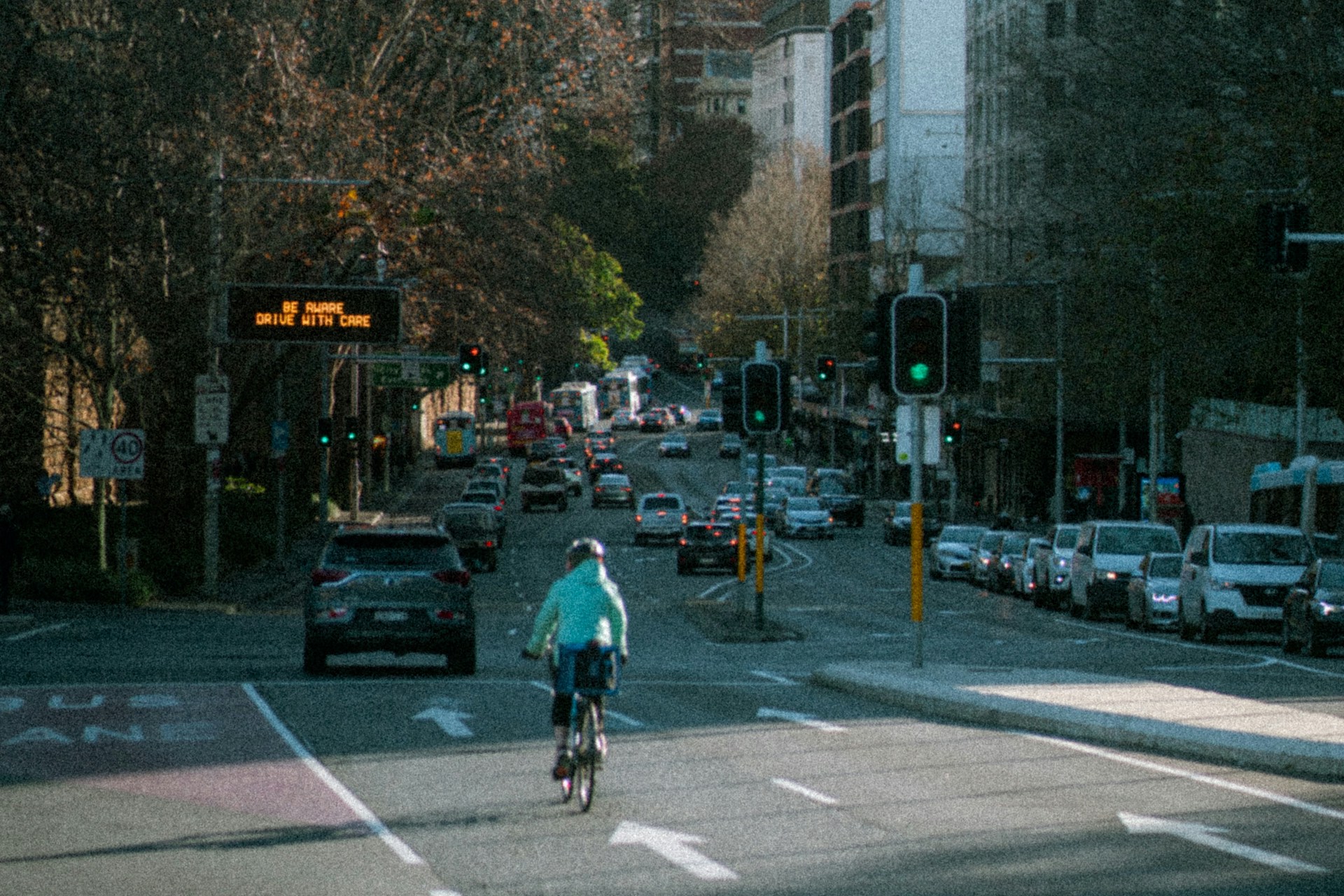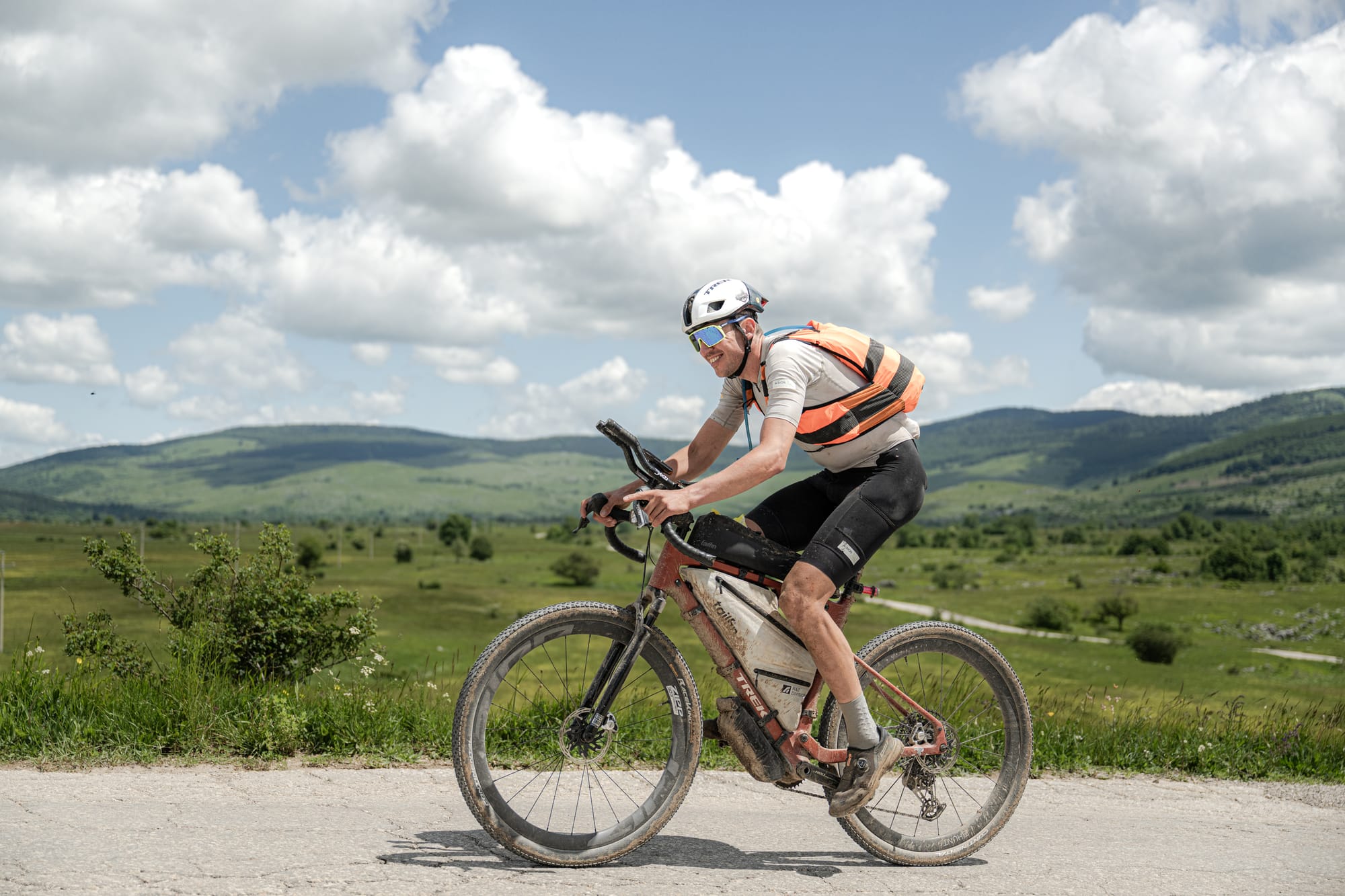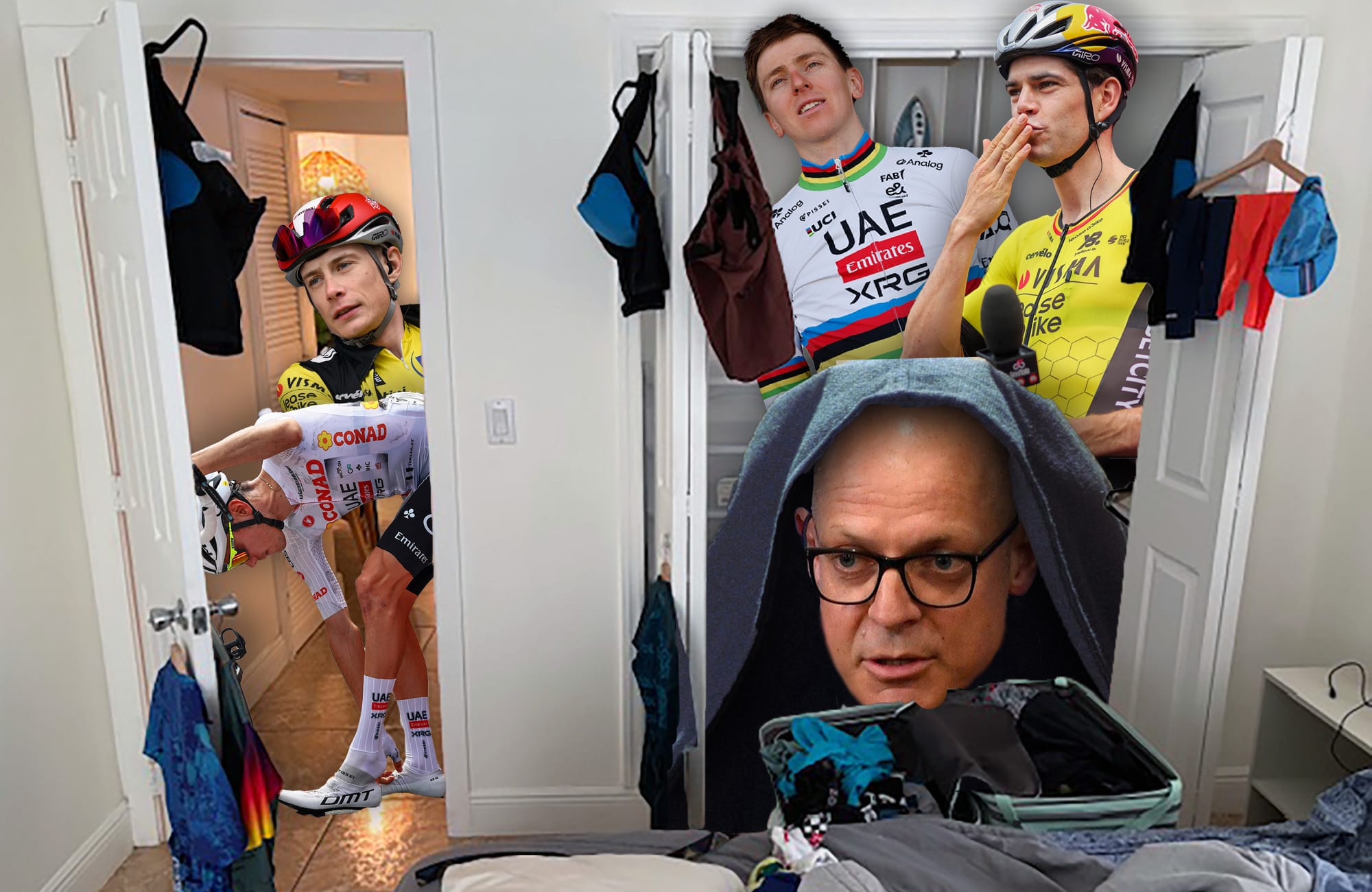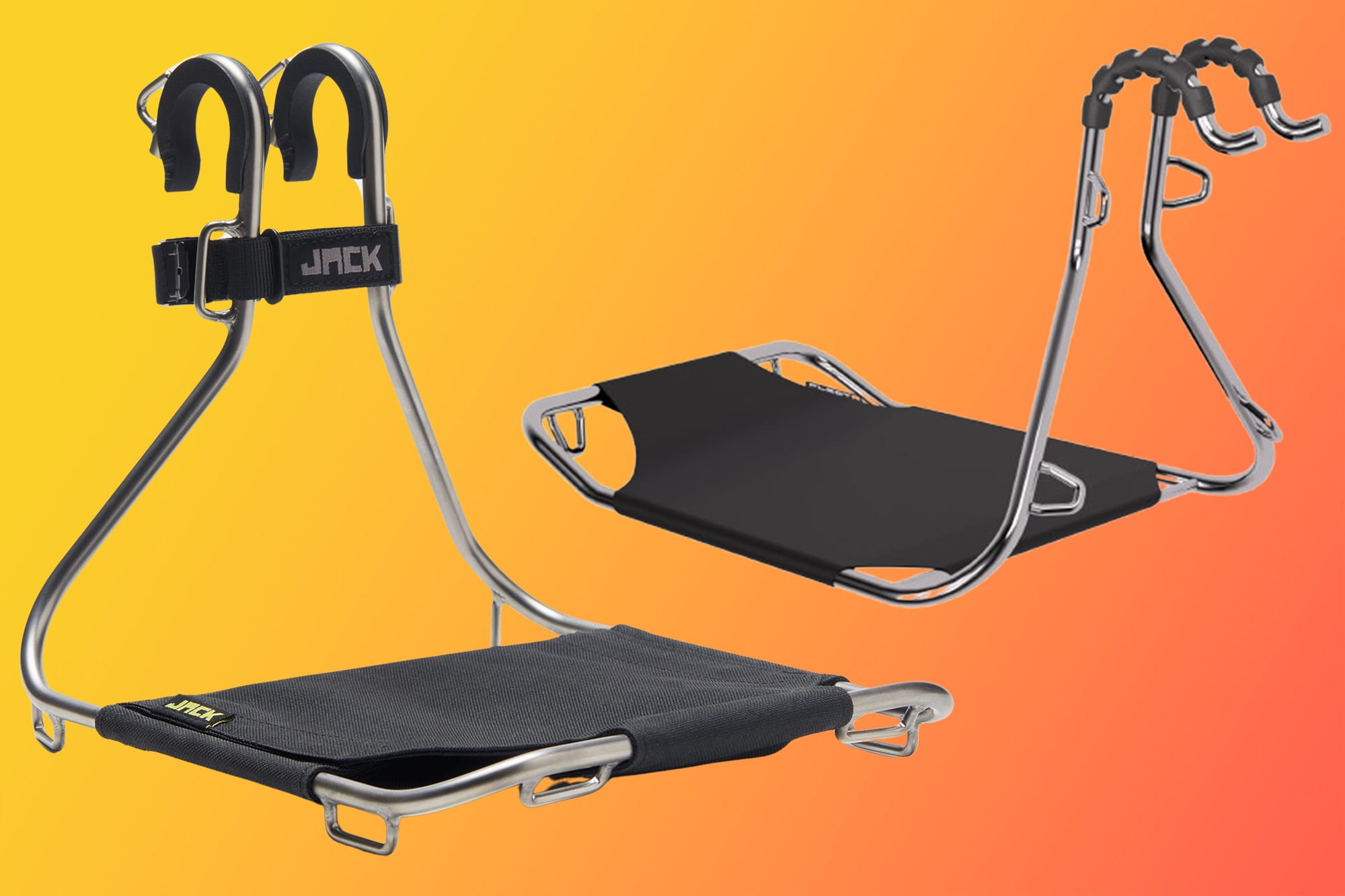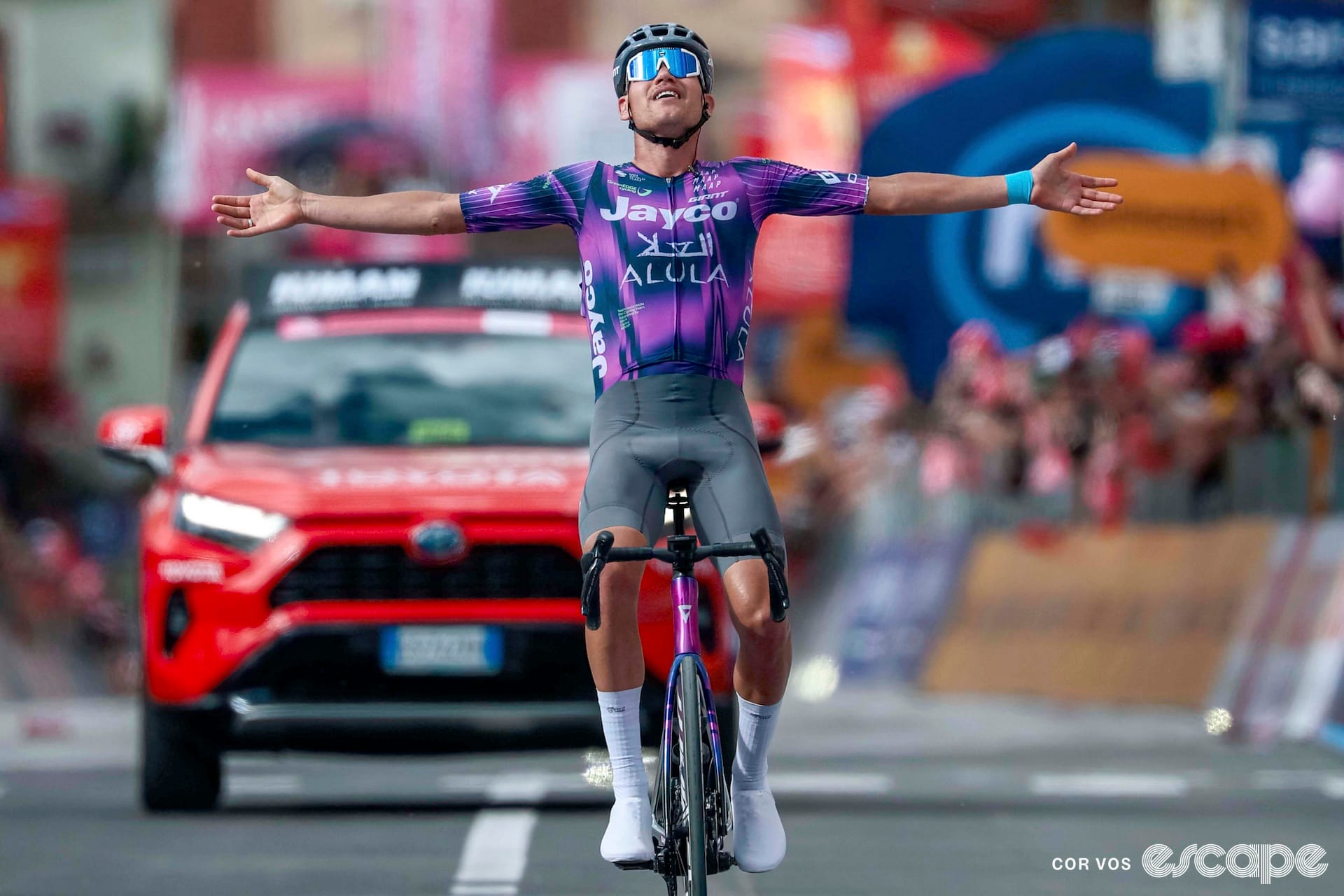The recent announcement that the Amy Gillett Foundation (AGF) called in liquidators was a shock and has been devastating news for many in the bicycle sector. But it has started a broader conversation about what this means for bicycle interests across the country.
Australia is predominantly a nation that rides for recreation and sport with just 2% or less of all transport trips cycled. Despite this, Australia’s transport patterns are perfect for us to undertake many more trips each day by bike. This is because half of all trips for all purposes are 5 km or less and around a third are just 3 km or less – ideal distances to easily cycle in 10-15 minutes and often faster than a car in traffic over the same distance.
We are way behind many other nations and major cities globally who increasingly rely on cycling as an economic and sustainable form of mass transit.
Why are we so far behind? Because our road system and culture treat bicycles as toys, not as a means of transport and also, sadly, because many think that people riding on the road don’t have a right to be there (we do). This is reflected in badly designed road environments and poor crash statistics for cycling. That’s an outcome shared by that other group of ‘vulnerable road users’ – pedestrians. Luckily, times are changing as councils and governments realise more cycling is a good thing.
Addressing these safety issues through effective public campaigns is why the AGF had such a large cut-through in the advocacy scene.
But with many key players in this space working to improve the options and make the choice to ride a bike more convenient, attractive, and yes, safer, the outlook is still very good.

Where are we now?
The bike advocacy scene is diverse with significant expertise built up over many years.
Many groups have a specific local focus. Bicycle user groups (BUGs) act in their area and work with councils and state transport authorities to get safer routes to school, upgrades to crossings, and bikeways used by young and old.
The work of the state and territory membership organisations – Bicycle Queensland, Bicycle Network, Bicycle SA, Pedal Power ACT, and WestCycle – is important because they use their membership funding to maintain the staff needed to advocate effectively to state MPs and councils. They also normally have resources BUGs do not, which allow them to use media, social media, and meetings to push the case for more investment and better policies for bikes.
Rail Trails Australia has been doing a great job for years to advocate for the funding needed to convert de-commissioned rail lines into first-class active holiday destinations, delivering cycle tourist dollars and economic development to our regions.
Nationally, AusCycling leads the sporting conversation. In addition to their 5,000-plus club and national events each year, they are very busy seeking funding for sport cycling tracks, athlete programs, and to manage the rising cost of insurance! Insurance is also an issue of national concern for all organisations.
The Better Streets campaign is bringing the learnings of the successful London Cycling Campaign to a grassroots effort that started in Sydney but is rapidly creating interest and engagement in our capital cities. They are changing the idea of what our local streets should look like, to generate broader action around how we want them to be.
We Ride Australia, who I work for as the director of national advocacy, is an independent not-for-profit that started out life more than 20 years ago as a program of the bike industry. The leading bike brands got together with the objective of making Australia a better place to ride a bike – getting more bums on seats!
Since 2008 our focus has been to provide a federal presence for cycling advocacy in Parliament. As the only organisation to have a dedicated person federally we have been successful in establishing a Parliamentary Friends of Cycling group and we have a great record of working with all sides and organising events, meetings, presentations, and awards in Parliament for more than 15 years.
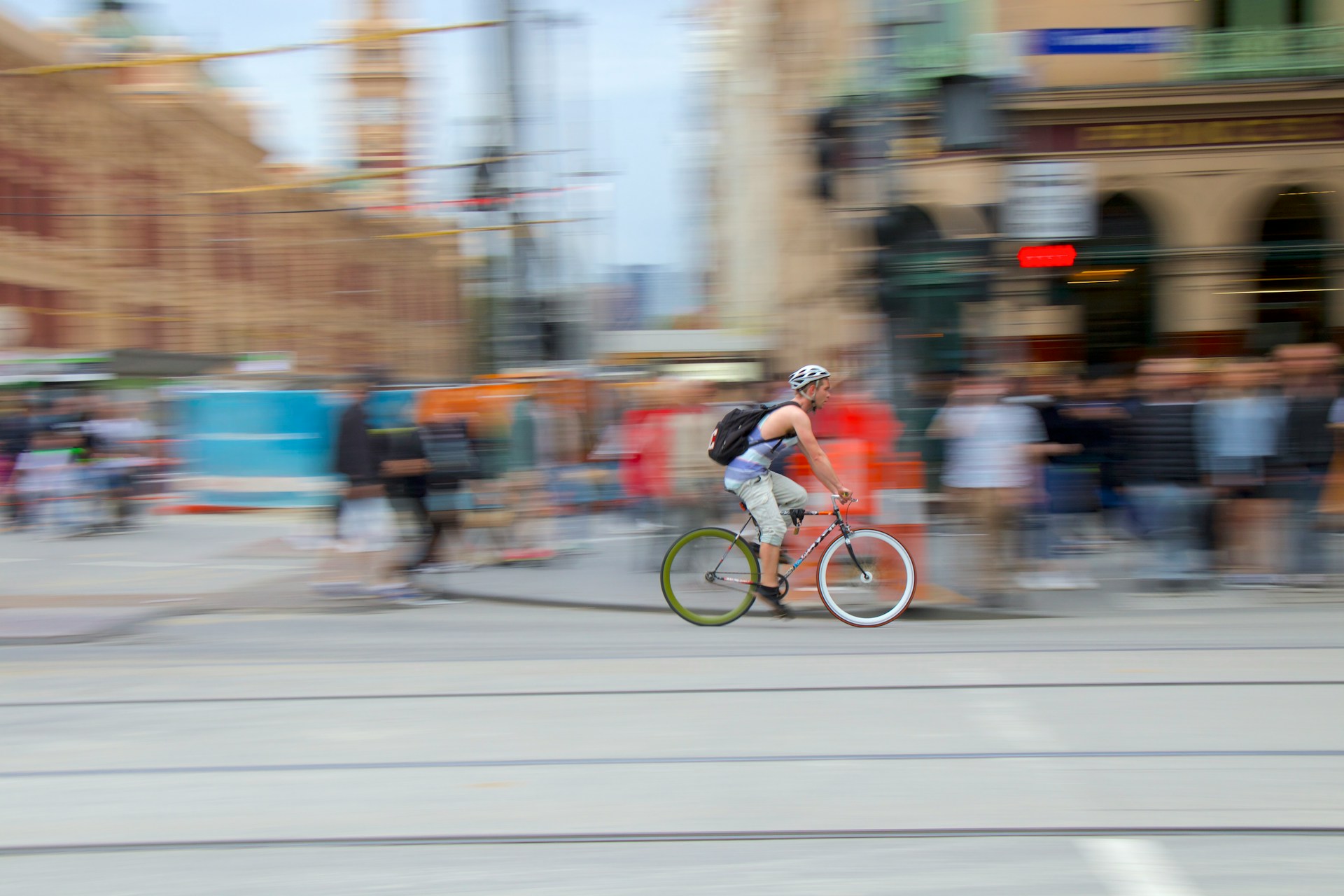
A lot of people are all pushing in the right direction in the cycling sector and beyond.
There are many more organisations nationally that also believe in cycling and its benefits. As bicycle organisations, many of us also work in collaboration with these groups and organisations.
University researchers in their schools of transport and planning and independent think tanks looking at the built environment all understand how much we have to gain if cycling is an easier choice.
Professional consulting companies are deeply involved in building the data and practices that support cycling and active travel as part of the infrastructure they build and the transport plans they develop for governments.
Professional peak bodies like the Heart Foundation and Australasian Society for Physical Activity, the Australian College of Road Safety, and others are all strong supporters of cycling for health, physical activity, and liveability benefits in our communities.
WeRide has had a close working relationship with the bus and rail industry bodies for some years and in that time we have all adopted the language of inclusion – we say ‘walking, cycling, and public transport’. The state and national local government associations have long been significant allies and The Climate Council/ClimateWorks are just some of the allies we work with in the increasingly important environment space.
Perhaps the single most important group of people we work with at the current time, when we are advocating for better policy and more investment for bikes, is those in our councils and state and territory governments.
Without the planners, engineers, and bureaucrats at all levels and elected councillors and members of parliament acting in concert with us, we wouldn’t get anything done. They are often pushing as hard as they can from inside the system to make cycling happen. We need to make their jobs easier and create the conditions for them to be successful by ensuring they keep getting elected by doing great stuff. Then they can make their communities better places to ride bikes in.
While it’s great to recognise just how many allies we have, it’s also scary when you figure out how many minds you have to convince, how many great stories you have to tell, and how much data and information you have to keep at your fingertips. Resources are always stretched impossibly thinly to do what we do.

What's next?
Recent events have been the catalyst for a lot of discussion about the value of bicycle advocacy, which is a good thing.
As a friend of mine said to me the other day, it’s sad that we only have this discussion in a crisis or when something is lost. Research has shown there are lots of Australians who would like to ride a bike more, but don’t because they have to mix with traffic on the roads.
Mums who would rather ride with their kids to school than drive or roll to their local meeting. Others who would like to ride to work more often. And a group who many of us are not aware of – people who experience a disability, can’t drive, and don’t have good options to ride instead. Adaptive trikes and machines with electric assistance are transforming the lives of many in our communities.
We need to think about just how many more people could ride if the conditions were better; if good infrastructure was provided so that more people from eight to 80 could choose to ride. This will only happen because it is more attractive, convenient, direct, accepted, and of course safer.
In other OECD nations, more than 10% of all trips are done by bike. That number is as high as 28% in the Netherlands. E-bikes are transformative and provide the ultimate technology to get people who would not normally consider riding for transport to think ‘I could do that’!
All bike organisations support incentives for e-bike purchases. The Tasmanian Government has implemented a scheme and now two councils in South Australia have also adopted their own schemes.
We are trying to get the tariffs on e-bikes abolished. The Treasurer has just announced the abolition of about 500 other tariffs so this is a good time to get active on this again.
A federally funded ride-to-school trial with state and council funding is about to report its findings – our children are amongst the least active and most overweight in the OECD – and kids are a great way to avoid media attack as no one can argue it's not a good idea to give our children a healthy, active start to their day. Trials of Open Streets at schools are working well. We need more of this as well.
We’ll be working so bike organisations can band together for the next federal elections. Check out what is going on and answer any ‘calls to action’ they advertise.
Have you thought about not just going out early in the morning or on the weekend for a ride with your friends, but getting some sneaky miles in by riding to work? Does your boss know you would like to but there aren’t the facilities at work?
The loss of a high-profile advocacy group in AGF is bad enough, so let’s ensure those still there get the support they need to do the vital advocacy most of us never see. So, hop on your bike and:
- check out your local BUG and support their petitions and events
- join your state or territory bicycle organisation, and
- make your voice heard when it comes to local, state, and national elections by telling your local MP how much you appreciate what they have done for cycling or how much you would like to see them do (nicely)!
Because, as we all know, Australia’s a greener, healthier, better place to be because more people are riding bikes!
Stephen Hodge was a founding board member of the Amy Gillett Foundation for six years, a former board member of Cycling Australia (now AusCycling), a Grand Tour rider and Olympian, and since 2008 he has been employed as the director of national advocacy at We Ride Australia, responsible for establishing the organisation's federal government relations.
Did we do a good job with this story?

